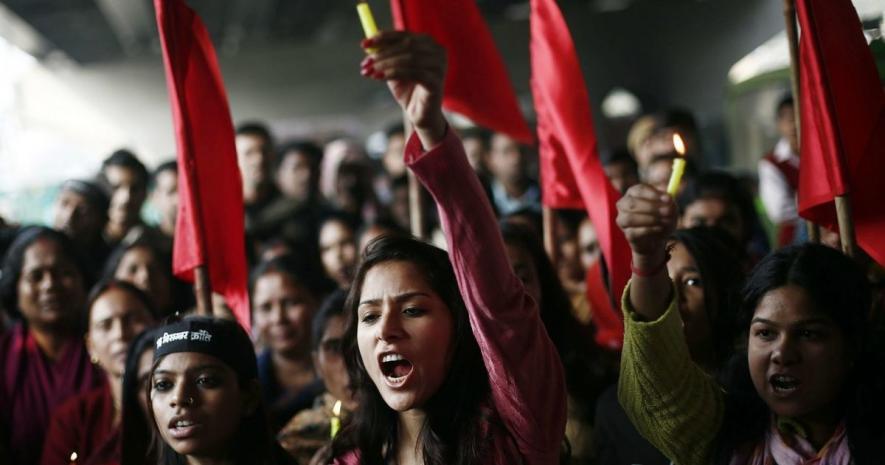Does Digital Vigilantism Serve the Women’s Cause

A few days ago, Raya Sarkar, a student in UC Davis School of Law, crowdsourced and published on Facebook a list of 61 academics (currently 68), who she claims are ‘sexual harassers’. Her Facebook list is based on emails, she claims to have received from their students or colleagues.
‘The list’ got instant fame and has gathered reactions from all quarters. A statement by leading feminists like Ayesha Kidwai, Nivedita Menon, Brinda Bose, Janaki Abraham, Janaki Nair, Kavita Krishnan and others came out in a website Kafila, “This manner of naming can delegitimize the long struggle against sexual harassment, and make our task as feminists more difficult.” In their view, institutions and legal provisions constituted over time by women’s struggles get undermined by such naming and shaming that has no accountability. “Convicting” people on Facebook – according, to some of the women who have written on the issue – is no different from lynch mobs and kangaroo courts delivering instant “justice”.
On the other hand, a few organisations and individuals who have supported Sarkar, claim that justice has failed women, and only naming and shaming in social media remains as the alternative.
A number of women organisations and feminists have objected to anonymously putting down names of people on Facebook as trivialising a very serious issue. Just as it is necessary to hold people who commit crimes guilty, it is also necessary to give them an opportunity to defend themselves. The reason why a legal system, or a collective institution (like committees against sexual harassments), are important in any advanced modern nation is because – while they are not perfect, and there is always a scope of improvement – they give some weightage to a due process before claiming someone guilty. Rejecting this process is accepting that there is no need for organising struggles to change or improve the institutions that exist in society. Instead, all we need is global tech giants who will create a Facebook or a Google for us, where instant justice can be meted out through clicktivism.
Seema Mustafa, in TheCitizen.in has written:
However, the list brought out by a bunch of women to “name and shame” who they claim are sexual abusers – which was then circulated via social media; Facebook and even Whatsapp – is really transgressing all grounds of fair play. I am shocked that there are women actually supporting this complete violation of all rights, and the very concept of justice. I see little difference between these vigilantes in the name of feminism, and the right-wing vigilantes seeking to punish people on grounds of morality or food habits. The concept is the same, just the method different. At least for now.
Historically, societies have moved beyond ‘witch hunting’ or kangaroo courts – where individuals become self-proclaimed judge, jury and executioner. Times of social media are however different. These primitive forms of justice are taking precedence over others. If the sanctity of collectives (court or institutions) are not beyond questioning, how can these more primitive forms of justice be objection-free?
Seema Mustfa’s warning on this needs to be heeded:
...for me the very worrying space that has been given feminist vigilantism where the women operate as the moral police, judge and hangman throwing out all principles of impartial and fair jurisprudence. There was a calming voice during the protests following the young girl raped and killed on the bus in Delhi seeking to remind the crowds that the demand should not be to ‘hang the guilty’ but for their arrest and speedy trial.
Disclaimer: The views expressed here are the author's personal views, and do not necessarily represent the views of Newsclick.
Get the latest reports & analysis with people's perspective on Protests, movements & deep analytical videos, discussions of the current affairs in your Telegram app. Subscribe to NewsClick's Telegram channel & get Real-Time updates on stories, as they get published on our website.
























